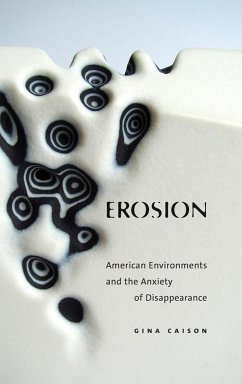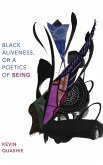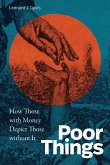In Erosion, Gina Caison traces how American authors and photographers have grappled with soil erosion as a material reality that shapes narratives of identity, belonging, and environment. Examining canonical American texts and photography, including John Steinbeck's The Grapes of Wrath, Octavia Butler's Parable series, John Audubon's Louisiana writings, and Dorothea Lange's Migrant Mother, Caison shows how concerns over erosion reveal anxieties of disappearance that are based in the legacies of settler colonialism. Soil loss not only occupies a complex metaphorical place in the narrative of American identity; it becomes central to preserving the white settler colonial state through Indigenous dispossession and erasure. At the same time, Caison examines how Indigenous texts and art such as Lynn Riggs's play Green Grow the Lilacs, Karenne Wood's poetry, and Monique Verdin's photography challenge colonial narratives of the continent by outlining the material stakes of soil loss for their own communities. From California to Oklahoma to North Carolina's Outer Banks, Caison ultimately demonstrates that concerns over erosion reverberate into issues of climate change, land ownership, Indigenous sovereignty, race, and cultural and national identity.
Hinweis: Dieser Artikel kann nur an eine deutsche Lieferadresse ausgeliefert werden.
Hinweis: Dieser Artikel kann nur an eine deutsche Lieferadresse ausgeliefert werden.








